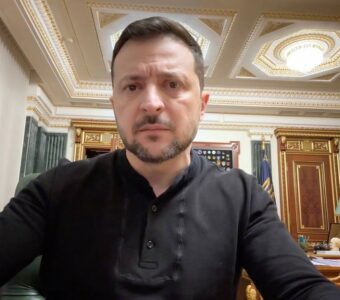Ukrainian town of Liubotyn leads waste reduction efforts with composting over burning vegetation

In 2021, the Ukrainian town of Liubotyn signed a commitment to reduce the amount of residual waste and became the second candidate city after Lviv on the way to becoming a zero-waste-certified city, Rubryka reports.
What is the problem?
The latest brand audit by Zero Waste Kharkiv in 2022, analyzing the composition of residents' household waste, showed that about 40% of waste is organic, and 20% are things that could be reused: cosmetics for hair care, clothes, shoes, even medicines with a suitable term. All this could be offered to other people and not thrown away, for example, to the displaced hosted by Liubotyn, who would benefit from these things.
What is the solution?
This is how the idea arose to implement the project on composting and reusing things, called "Liubotyn — the city of zero waste," by installing eight composting sections in three city locations, two cabinets for reuse, and conducting an information campaign.
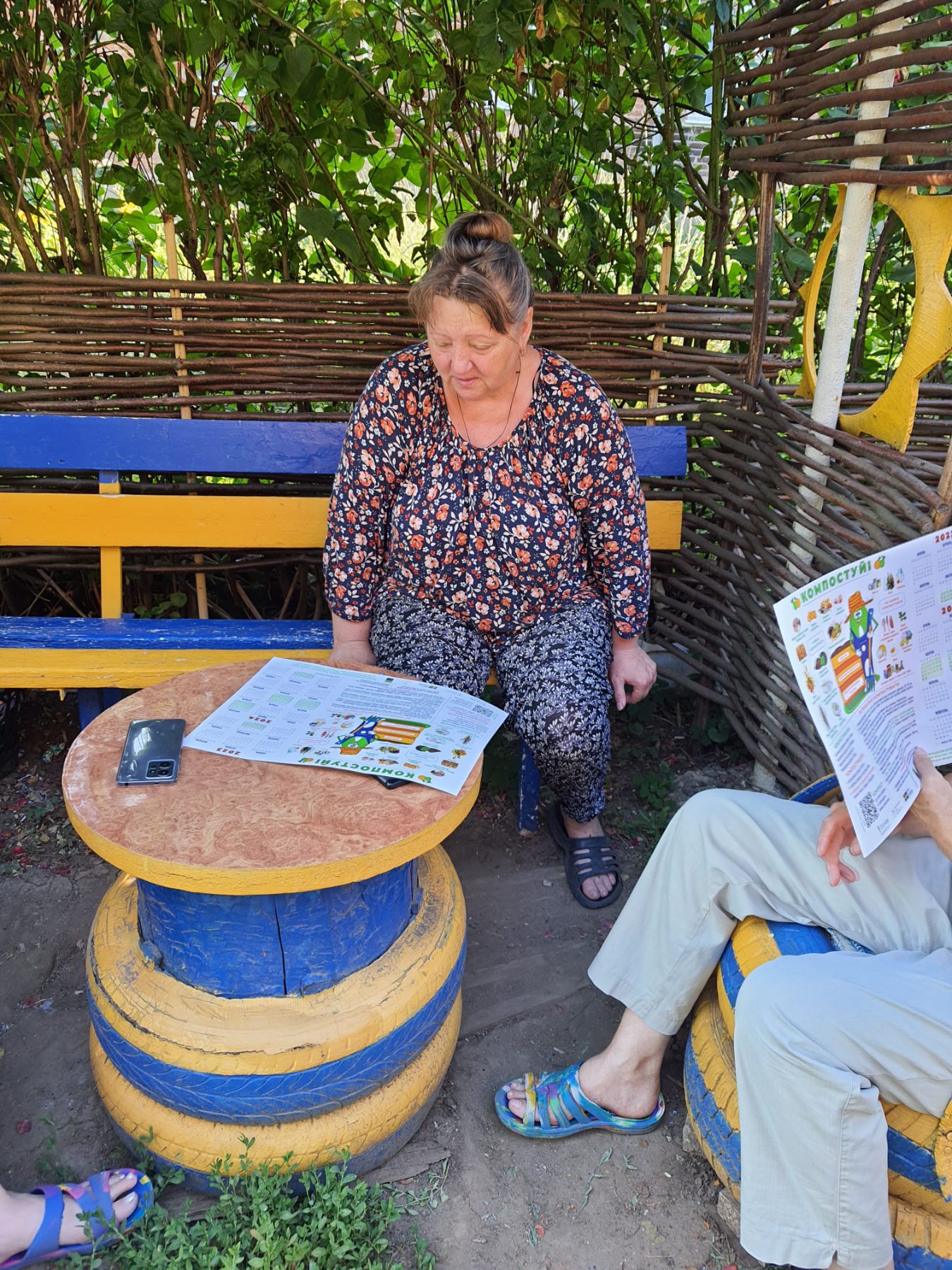
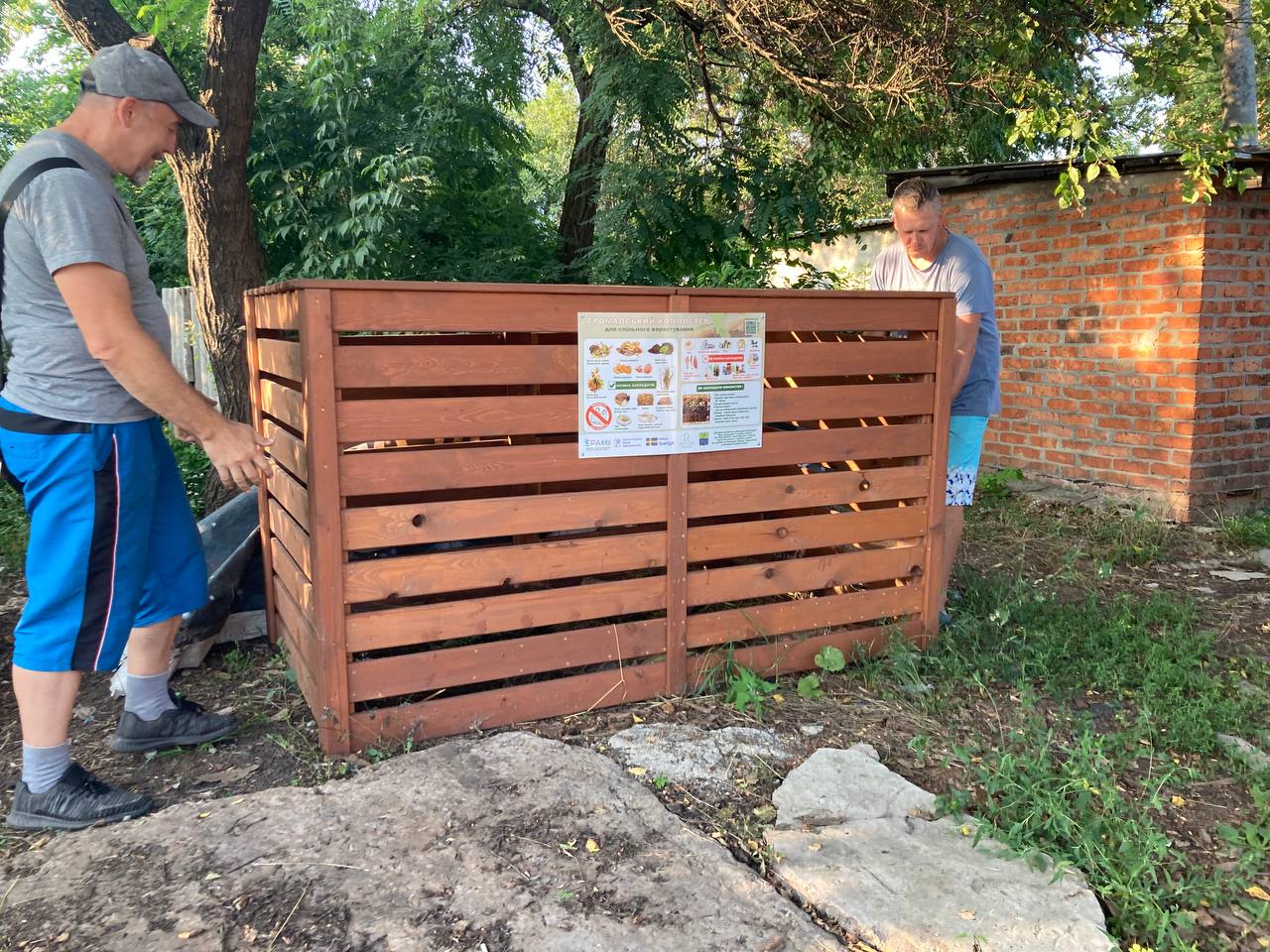
How does it work?
With the advent of composters and cabinets, the situation with waste in the city will change for the better, namely:
- the amount of waste going to landfills will decrease;
- it will be possible to extract a valuable component from residual waste and turn it into fertilizer while preserving valuable raw materials for further processing;
- people's attitude to waste will change, not as garbage, but as a resource.
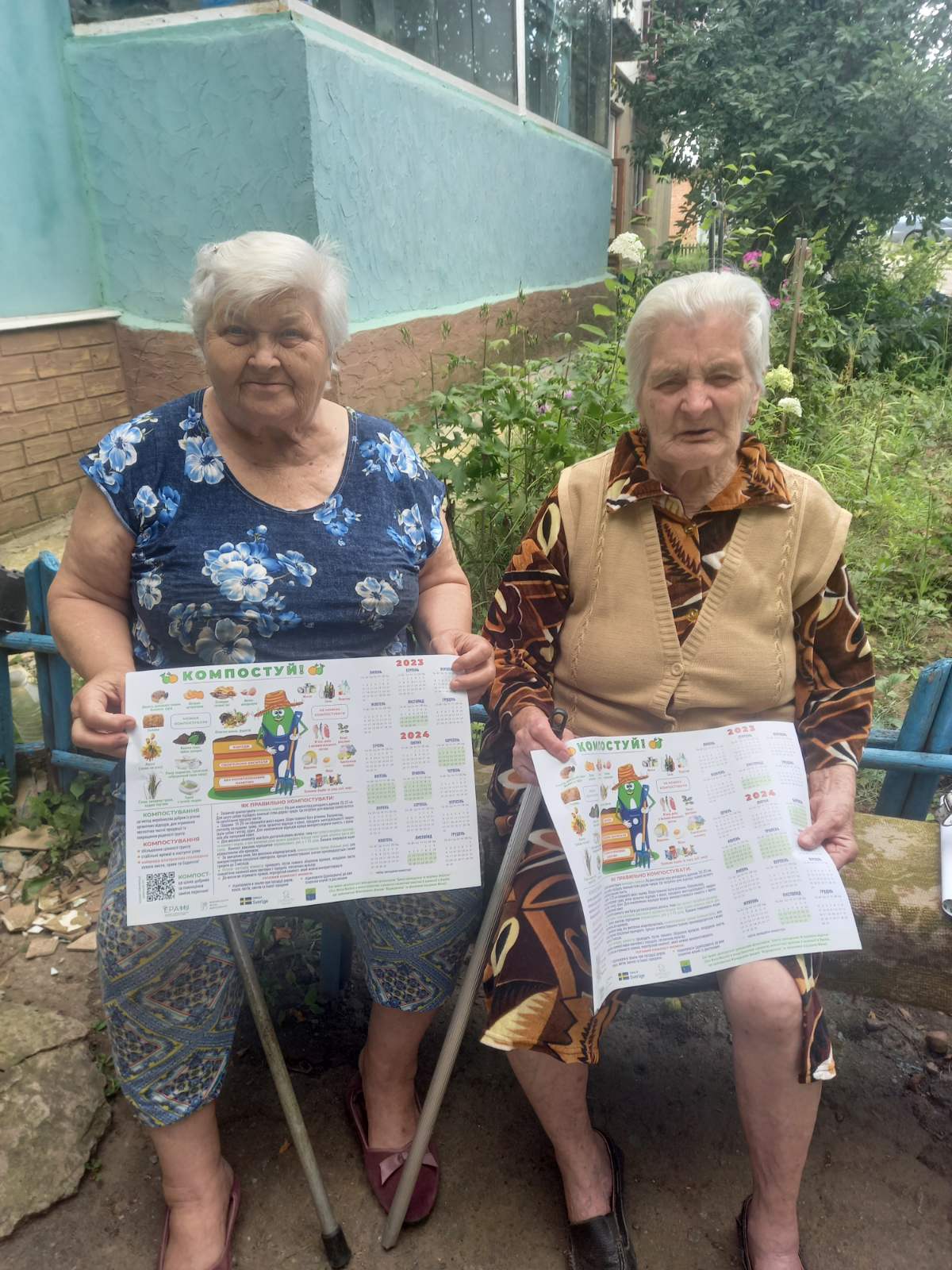
Also, reducing the amount of waste has significant financial benefits. For example, the Nadia 20,18 co-op accumulates waste and orders removal twice a year. This is a rather expensive service, but with a new composter, the need to remove the waste will decrease, providing an opportunity to save money. So, instead of polluting the environment, there will be an opportunity to green the plot, make the necessary repairs, improve lighting, etc.
"In composting, one's example is important. When we started composting on the territory of the House Committee, we received the first humus a year later," says Oleksandr Zolotariov, head of the Romashka House Committee, on whose territory a three-section composter and a cabinet are installed. "And if it is already there, it can be added to the flower beds and gardens. In the third year, the neighbors began not only to see waste as valuable raw materials but even quarreled over who would collect this compost first because the yield increased, and everyone realized that there was no point in buying fertilizer in the store if you had your own."

Project coordinator Anna Prokayeva emphasizes:
"We are trying not only to reduce the amount of waste significantly but also to create a successful example for other communities of Ukraine, to work out the way for the community to transition to the circular principle of waste management so that the absolute minority of waste is sent to landfill. I am sure that Liubotyn will soon become such a pilot city, and eventually, it will pass the certification and get the status of Zero Waste City. We are doing this despite the war because Ukraine has to develop no matter what."
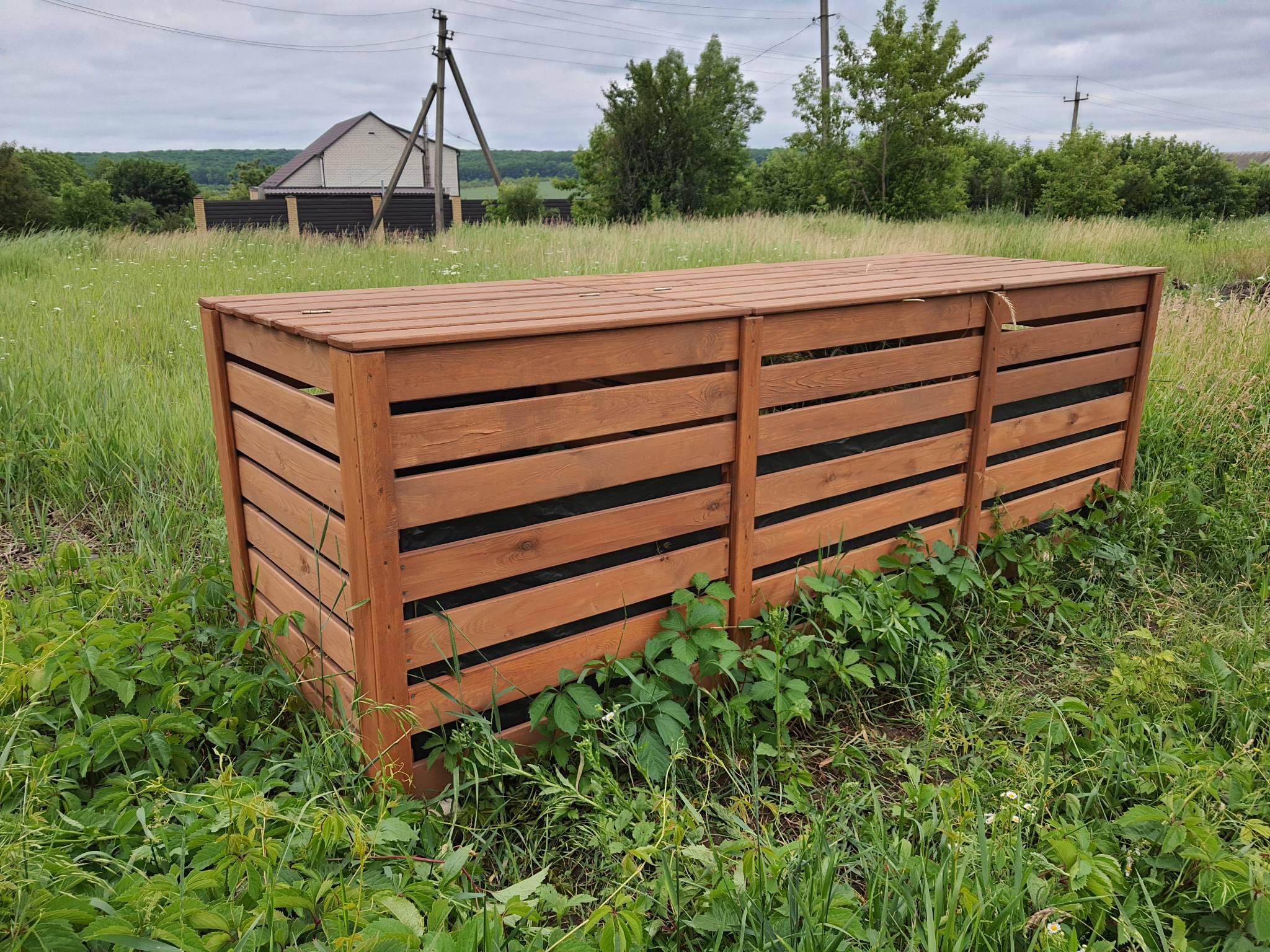
Background
The project was implemented by the Center for Public and Media Initiatives public organization (Zero Waste Kharkiv) as part of the Initiative for the Development of Environmental Policy and Advocacy in Ukraine, which is implemented by the International Renaissance Foundation with the financial support of Sweden.
Rubryka reported how No Waste Ukraine founder Yevhenia Aratovska and her garbage sorting organization could reorient themselves in time after a full-scale invasion and later return to the main principles of its activity to preserve a clean environment.





